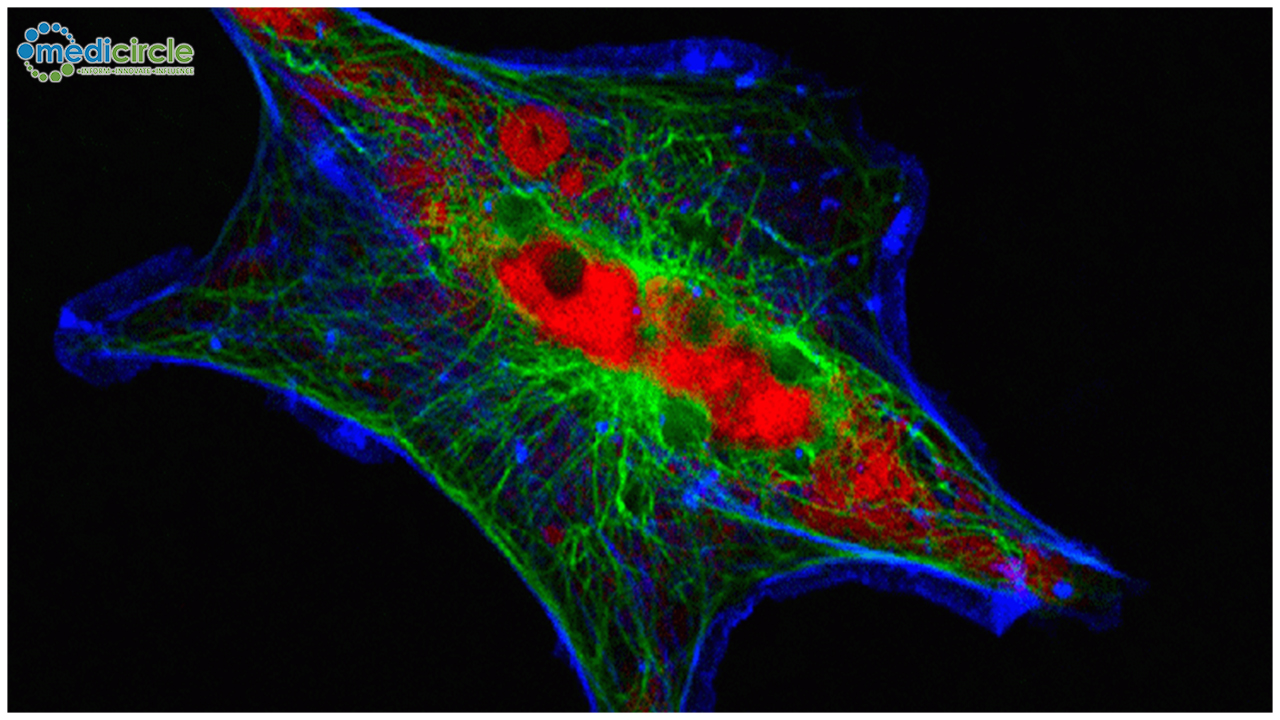Aptorum Group Limited , a biopharmaceutical company focused on the development of novel therapeutics to address global unmet medical needs, announces positive data and development in relation to its repurposed drug candidate, SACT-1, for the treatment of neuroblastoma, a rare type of childhood cancer that develops in infants and young children. Subject to completion of current validation studies, Aptorum Group plans to leverage the 505(b)(2) pathway and submit an IND submission with the FDA for SACT-1 in H2 2020.1
SACT-1 is the first repurposed drug candidate to be developed under the Smart-ACTTM drug discovery platform, which employs a systematic approach to identify, repurpose and develop existing approved drugs against a currently identified universe of 7000+ (and increasing) orphan diseases.2
Through this platform, Aptorum Group intends to accelerate and fast track repurposed drug candidates, which usually have well established human safety and toxicity profiles and data, through the development and clinical phases in order to address the rapidly growing market of orphan diseases. Aptorum Group aims to screen a number of orphan disease areas including, but not limited to, oncology, autoimmune, metabolic and genetic diseases.
Through the Smart-ACTTM platform, Aptorum has successfully identified potential efficacy for and develops SACT-1 for the treatment of neuroblastoma, being an entirely new therapeutic area from its approved indication. In our recent studies, SACT-1 has been shown to be effective against numerous neuroblastoma cell lines, of which 2 are MYCN-amplified cells, which represent the high-risk neuroblastoma patient group. In addition, by using a combination index as a quantitative measure of the extent of drug interaction, Aptorum Group has seen a high and robust synergism between SACT-1 and traditional chemotherapy in vitro, indicating a potential efficacy enhancement/dose reduction of the chemotherapy. In addition, in our recent study, the maximum tolerable dose of SACT-1 in a rodent model was determined to be higher than 400mg/kg. Compared with the MTD of standard chemotherapy such as paclitaxel (20-30mg/kg)3 and cisplatin (6mg/kg) 4, the safety profile of SACT-1 appears to be very impressive.
The reformulation of SACT-1 is a pediatric formulation to better address the needs of neuroblastoma patients who are exclusively children younger than 5. Based on our internal observations of pre-existing information from approved products,5 SACT-1 also exhibits a well-established safety profile: at 150mg/day, the death rate was 0% in prior clinical studies) with no dosage related adverse events.
About neuroblastoma
Neuroblastoma is a rare form of cancer, and classified as an orphan disease, that forms in certain types of nerve tissue and most frequently in the adrenal glands as well as spine, chest, abdomen or neck, predominantly in children, especially for those aged 5 years and below. For the high-risk group, which is close to 20%6 of total new patient population per year, the 5-year survival rate of this condition is around 40-50% as observed by the American Cancer Society7. The current high drug treatment cost for high risk patients can average USD200,000 per regimen (all 6 cycles)8. In addition, most pediatric patients often do not tolerate or survive the relevant chemotherapy stage which, subject to further clinical studies, may be positively addressed by the SACT-1 candidate due to the potential synergistic effects when applied with standard chemotherapy as described above.

 Aptorum Group Limited , a biopharmaceutical company focused on the development of novel therapeutics to address global unmet medical needs, announces positive data and development in relation to its repurposed drug candidate, SACT-1, for the treatment of neuroblastoma,
Aptorum Group Limited , a biopharmaceutical company focused on the development of novel therapeutics to address global unmet medical needs, announces positive data and development in relation to its repurposed drug candidate, SACT-1, for the treatment of neuroblastoma,









.jpeg)






.jpeg)





.jpeg)



.jpeg)
.jpeg)
